Royal protection for Prince Harry and Meghan will push up taxpayer bill
Former head of royal security says Sussexes’ decision to split time between UK, USA has created a logistical nightmare.
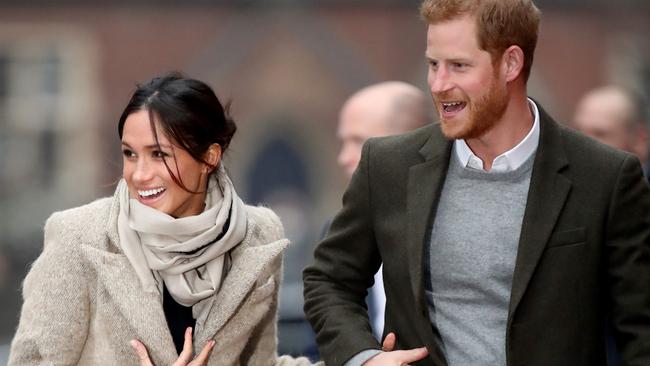
Royal protection officers face a tough challenge as a result of the Sussexes’ decision to split their time between Britain and North America, the former head of the unit has said.
The couple are likely to need a larger security detail at additional cost to the public, according to Dai Davies.
He expressed concerns about the timing and management of the announcement and said that it would lead to security arrangements likely to add to the costs of policing the royal family, which are already more than £100 million ($A190m) a year. He said that it was likely their detail would have to be expanded to cover the new locations and travel.
Mr Davies said: “It would have been far better to get all this sorted before telling us peasants about it. They will need around-the-clock protection both at Frogmore Cottage [at Windsor] and on a day-to-day basis until they work out exactly how they will go about this proposed new life. They will probably be protected by the Met police from Windsor.”
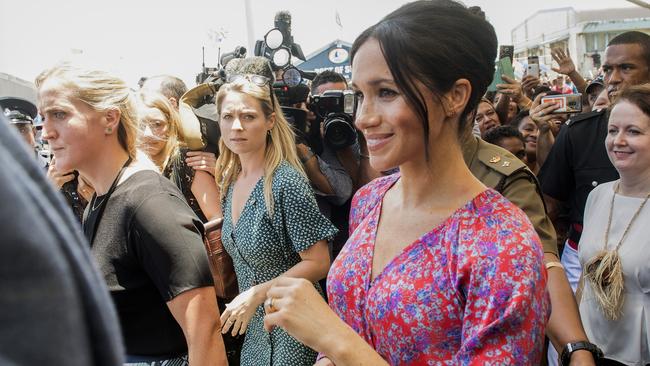
The Met’s royalty and specialist protection unit police is responsible for the security of about 20 members of the family. The officers are well paid, with 47 more senior members of the unit earning at least £100,000 ($A190,000) over the past three years after winning a pay dispute.
Mr Davies said the royals’ homes were protected from posts that covered entrances and any other spots through which intruders could approach.
“There will be various posts where uniform officers provide 24/7 protection 365 days a year,” he said, adding that the security at Frogmore Cottage alone would involve dozens of officers.
“Even the most sophisticated detection technology is not necessarily up to it and there’s no point having an alarm system if there’s no one there to respond to it,” Mr Davies said.
He raised concerns that protection officers would depend on the infrastructure in Canada and the US for support. “They don’t have the sort of infrastructure that we have here. Security services and police abroad will not have the same instincts and experience.”
Asked how he would have responded from a security perspective, he said: “We would go over our options and our problems and find a solution. It’s a problem, but it’s one that with the experience of royal protection can be solved.”
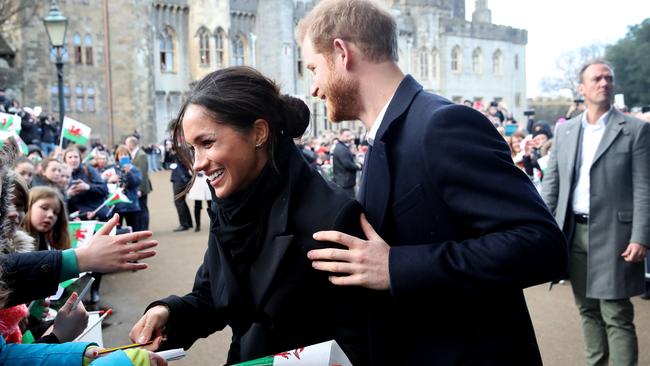
Six politicians receive obligatory protection in post: the prime minister, foreign secretary, home secretary, defence secretary, Northern Ireland secretary and chancellor. All have 24/7 protection, apart from the chancellor, who may sometimes be unaccompanied. All former prime ministers are given protection for life, as are former secretaries of state for Northern Ireland who served during the Troubles.
The Times

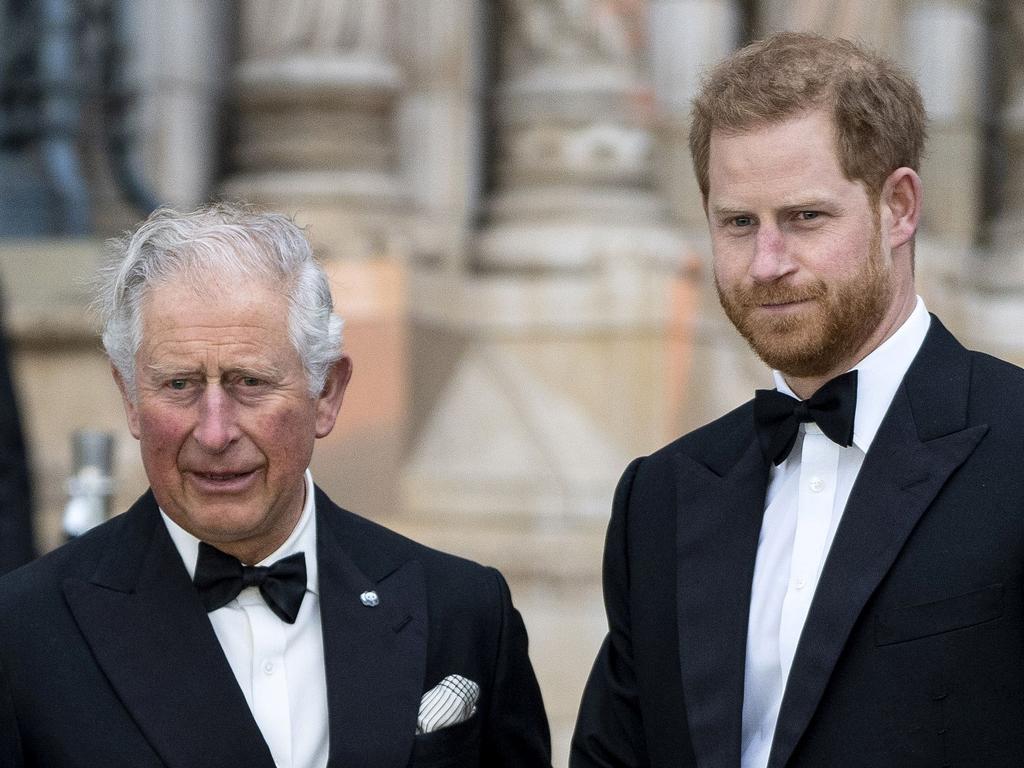
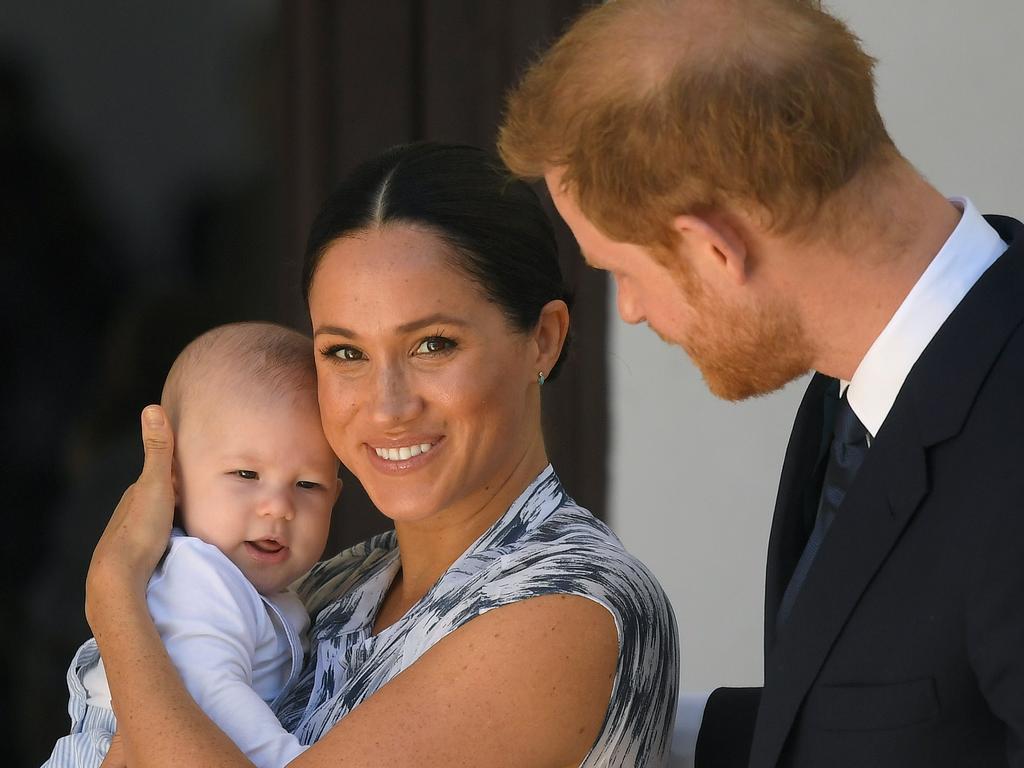


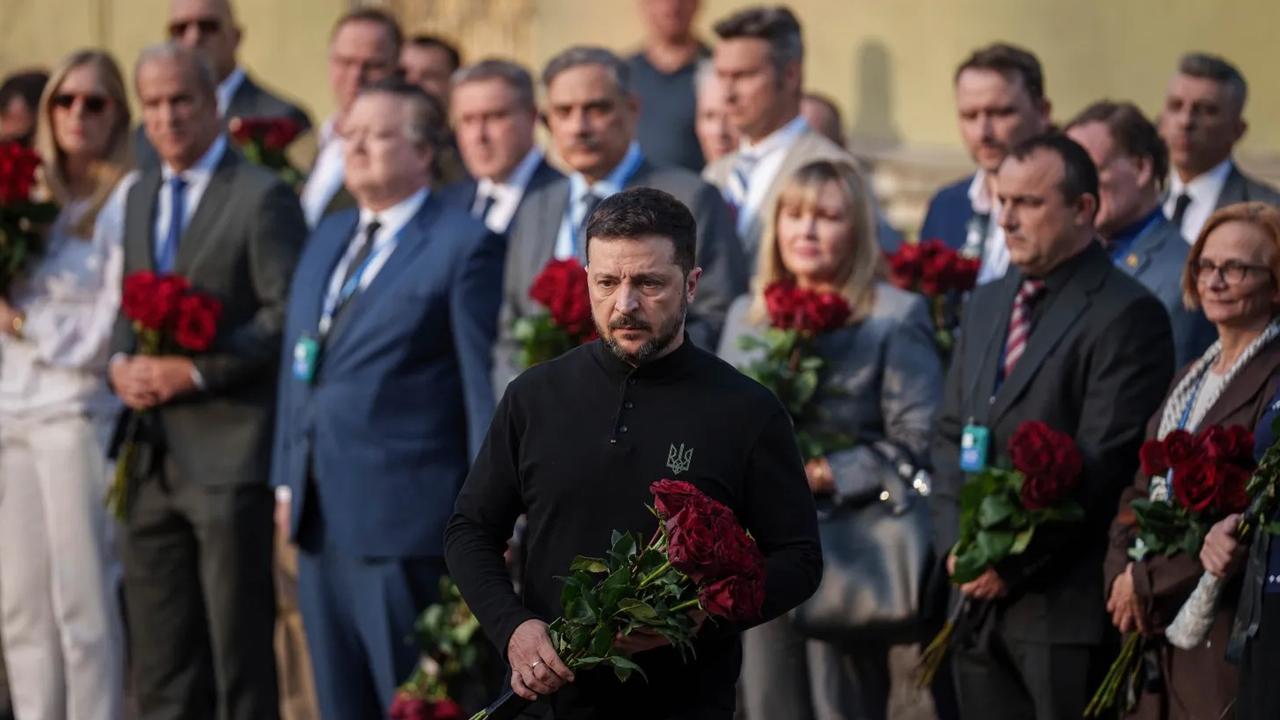
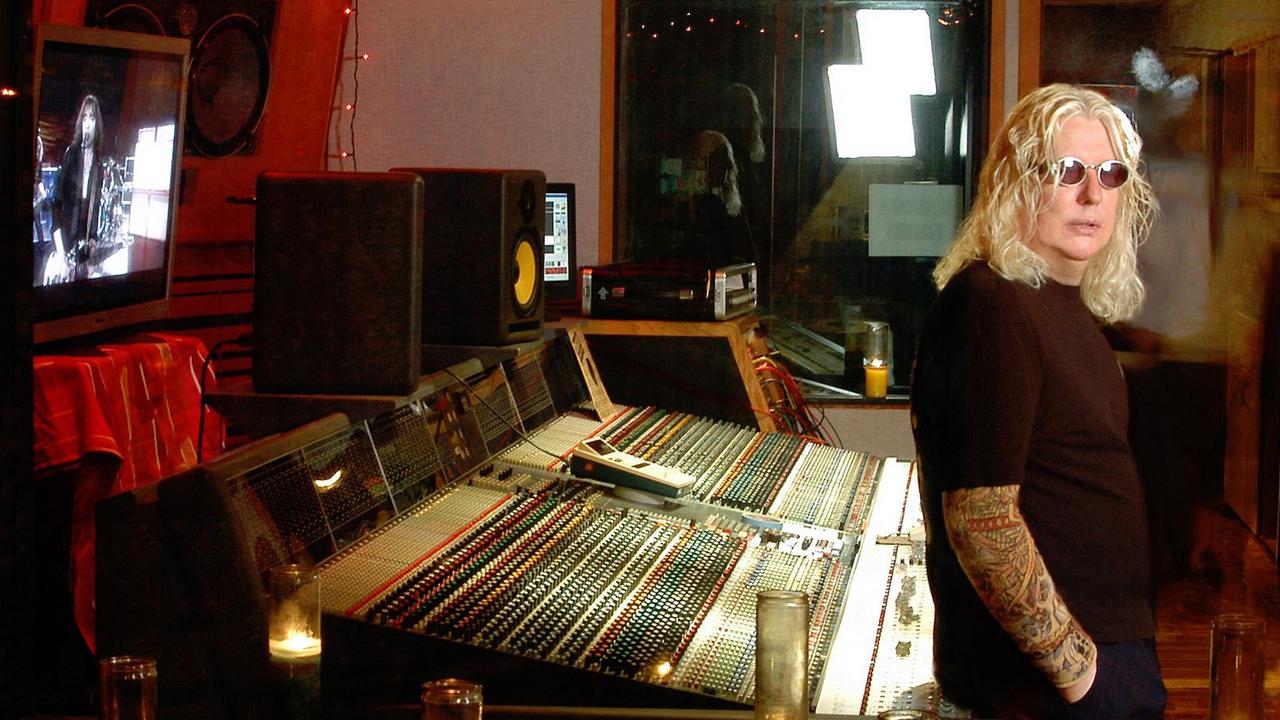
To join the conversation, please log in. Don't have an account? Register
Join the conversation, you are commenting as Logout